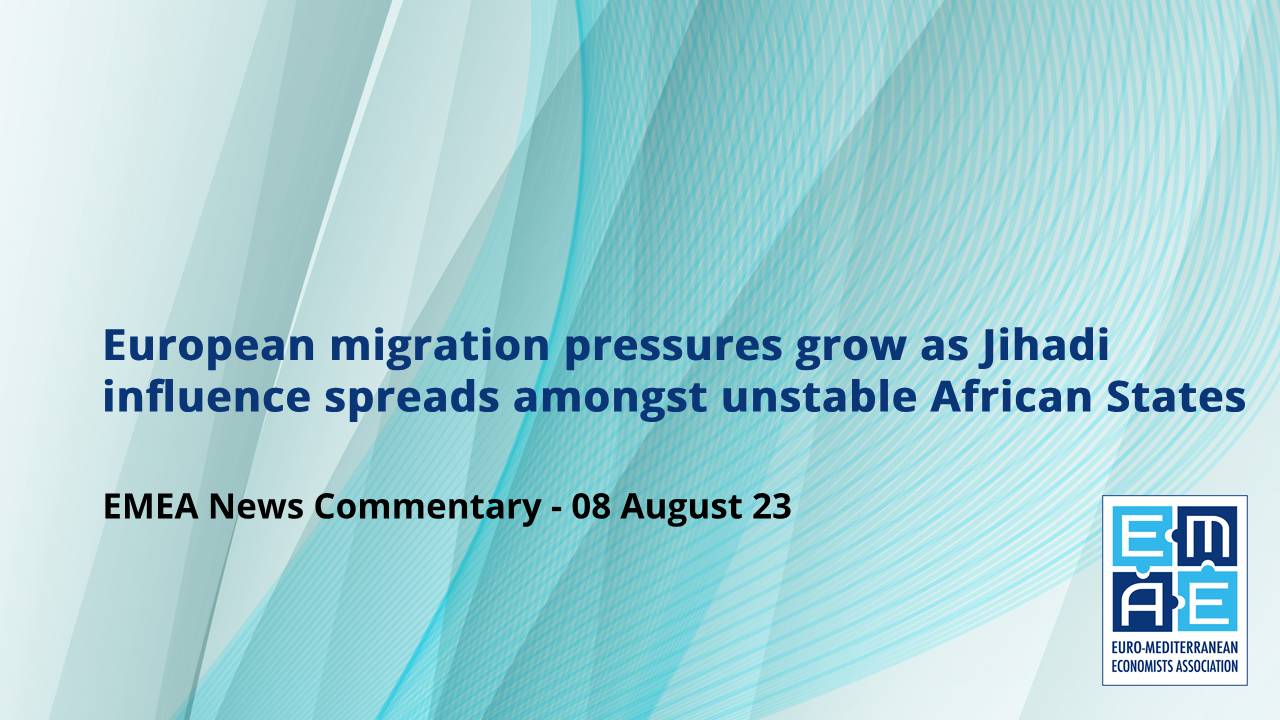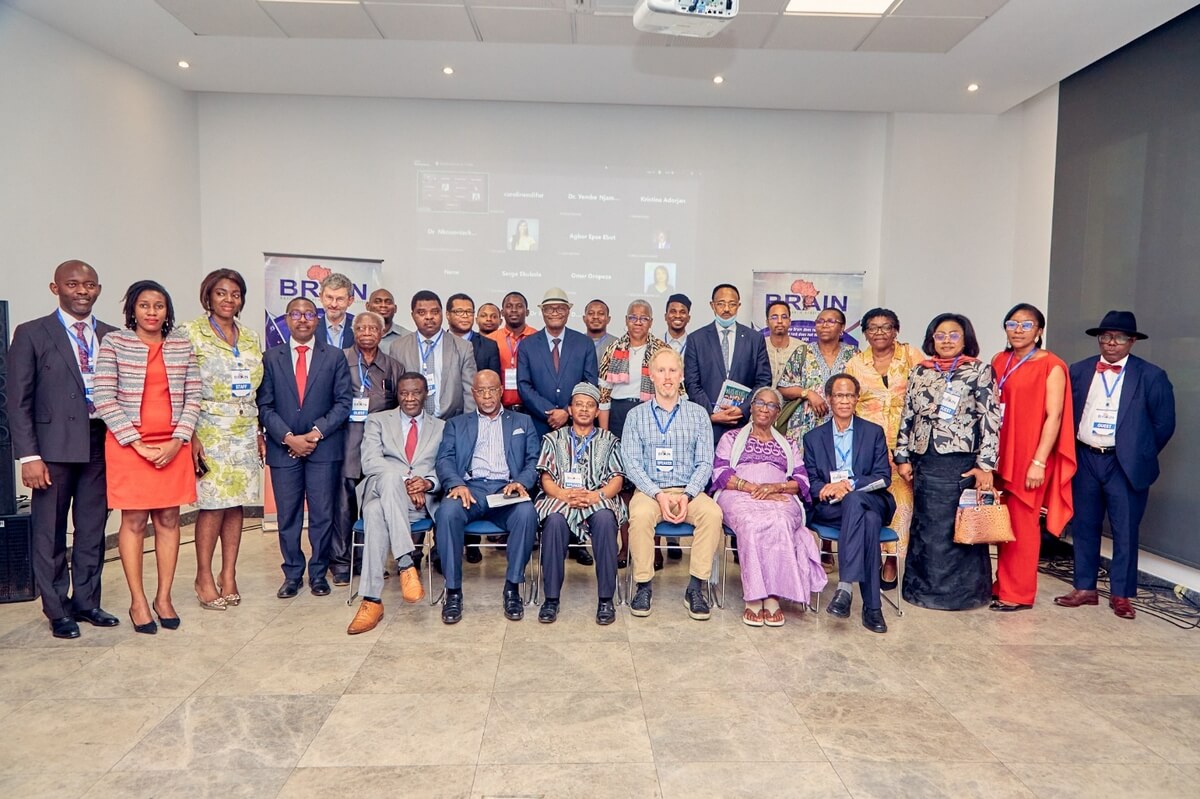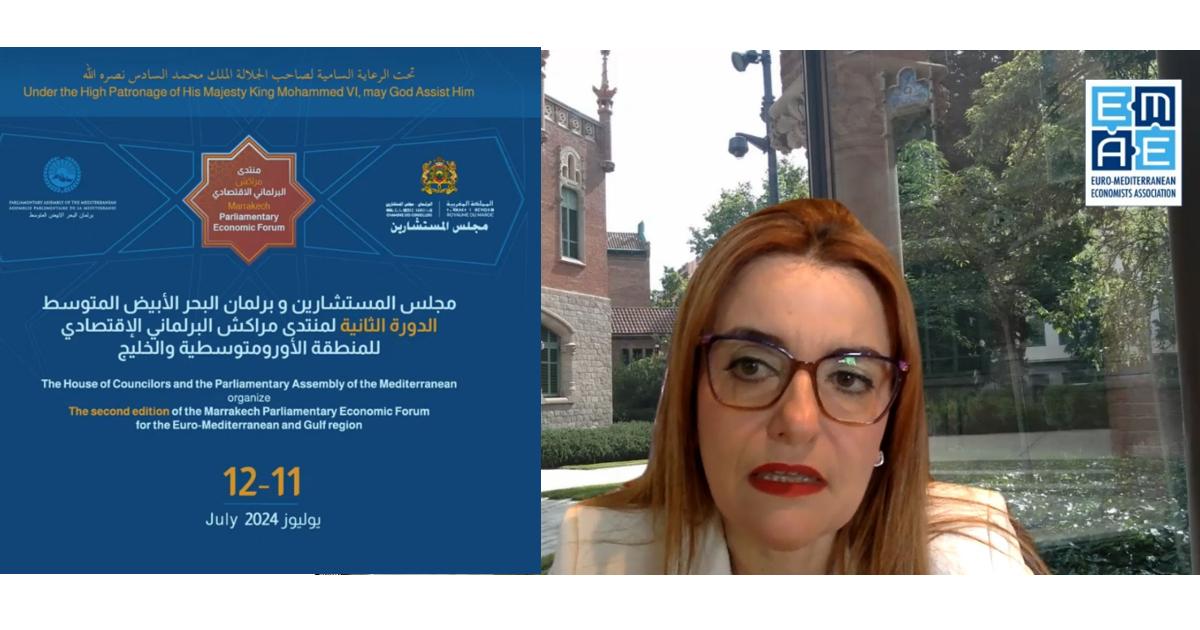In 2021, there were high hopes for Niger’s future, when Mohammed Bazoum became President, during the African country’s first ever democratic transfer of power.
Now, just three years later he’s been ousted, to be replaced by military rule – an example of how west African states are being turned into breeding grounds for fanatics and puschists, according to the Economist.
“The whole bet for us is…to promote [good] governance that has the effect of protecting us against a coup,” said the now ex-President, before being removed from office. He was mindful of how the nearby states of Burkina Faso and Mali have been undermined by coups. This has exacerbated the spectre of rampant jihadists spreading malign influence across the Sahel, the 3,860km arc-like land mass lying to the immediate south of the Sahara, stretching from Senegal to Sudan.
The fear now is that Mr Bazoum’s overthrow will trigger a regional war and seriously challenge attempts to fight what has been described as the world’s most dangerous jihadist insurgency. This has already claimed tens of thousands of lives across Niger, Burkina Faso and Mali.
Neighbouring Nigeria, keen to avoid any further coups in the region, has said it will take military action if Mr Bazoum isn’t reinstated by 6th August. That deadline has now passed.
Niger’s new military rulers have said they will resist any Nigerian intervention, whilst Burkina Faso and Mali have described any such move as a declaration of war. In response to the deteriorating situation, France – the former colonial power in Niger – together with a number of other European countries, have begun evacuating their citizens from the area.
A tale of regional conflict
Until now, Niger has been a beacon of hope in the Sahel but, ominously, it is being reported that the recent coup is only likely to embolden jihadists.
To date, Niger hasn’t been as badly affected by extremists as Mali and Burkina Faso. According to the Armed Conflict Location & Event Data Project, it was the only one of the three to see a reduction in violence last year.
Nevertheless, the region is now a bigger centre for jihadist terror than the Middle East. Extremists affiliated to al-Qaeda and Islamic State have been responsible for over 40,000 deaths during the last decade. An estimated 3.3 million people have fled their homes, with the bloodshed expected to rise regionally. If Niger’s current instability continues, this could lead to thousands of extremists gaining a further foothold.
The militants are now also threatening the wealthier and more densely populated coastal states of Benin, Ghana, Ivory Coast and Togo, where jihadi attacks and killings have escalated.
Peacekeeping efforts being undermined
Mali has been swamped with jihadists and separatists for years and, whilst French commandos and peacekeepers had helped keep things relatively peaceful in the capital and northern towns, the jihadists rule the roost across the majority of the countryside.
In Burkina Faso, which has accounted for two thirds of all jihadist-related deaths in the Sahel this year, the situation is just as bad, with the Government is control of only 40% of the country.
Jihadists are also now being trained up in traditionally peaceful Ghana and stirring up unrest in village communities.
Government disillusionment fuelling appeal of terror groups
People are increasingly turning to jihadi and terror-based organisations because they see little future in what their Governments are offering. The jihadists are luring them with money, meat, motorbikes and women, according to reports.
In Niger, Mr Bazoum had made a play on improving government services, talking to the terror groups and trying to quell ethnic clashes between farmers and semi-nomadic herders – calling for ceasefires. He’d turned successfully to Western military help.
He also said anybody renouncing jihadism would “be reintegrated into society, and economically. We are promoting reconciliation,” Mr Bazoum said in May.
The strategy appeared to be working, with the violence abating. Islamic State Sahel even signed the peace pact. Discussions have also been ongoing with the local al-Qaeda affiliated coalition, to ensure both sides stop firing on one another. In exchange, a number of prisoners were released.
“If the programme ends, there’s no pathway for jihadists to surrender in Niger. Which just gives them more reason to continue a forever war against the state,” said Aneliese Bernard, a former U.S. State Department official specialising in African affairs.
Stemming migration routes
Unless there is a dramatic turnaround, the future looks bleak for the central Sahel’s 70 million citizens, whilst the implications for the wider world could be profound and have lasting ramifications.
It’s “a major setback” for Europe, according to Politico. The EU had reckoned on Niger becoming “an Island of stability”, in the region. But now, a major re-think may now be needed on combatting terrorism, the growing Russian influence and managing yet another migration issue.
Stemming migration routes through Niger could now become much more difficult, given that the French military is now pulling out.
Europe is already struggling with a rising tide of African migrants. It’s been reported that, until now, migration patterns in and around Niger have been a key part of the EU’s strategy for managing migration. Niger, already a haven for hundreds of thousands of refugees from Nigeria, Burkina Faso and Mali, had been a key route for migrants heading north and could become so again.
The UN agency, the International Organisation for Migration and others, are already well-represented locally and are keeping a close eye on developments. But if peace and democracy don’t quickly return to Niger, France and its EU allies need to look for a new approach.
“There’s too much at stake for the EU,” said an EU diplomat who has been closely following the region and migration. “It will need to engage also with who will be in charge. We don’t have the luxury of ignoring them.”
Fanatics and putschists are creating failed states in west Africa (economist.com)
The coup in Niger will only embolden extremists, says a former jihadi fighter | AP News
Europe’s plan to stabilize West Africa erupts — again – POLITICO





